Title: The Cancer Guide – How to Nurture Wellbeing Through and Beyond a Cancer Diagnosis
Author: Prof Anne-Marie O’Dwyer
Publishers: Bedford Square Publishers
Reviewer: Dr Muiris Houston
Some one-in-23 people in Ireland are cancer survivors, which is a welcome 50 per cent increase in survivorship compared with a decade ago.
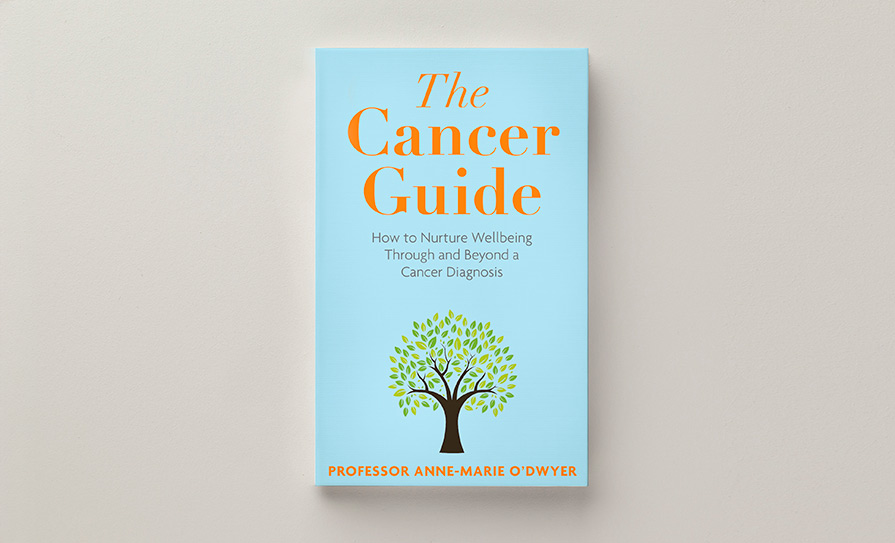
When you add in family members and close friends, that’s a lot of people dealing with the emotional burden of cancer. And these large numbers mean there are thousands of caring nurses and doctors who are part of cancer care and who may themselves find the emotional aspects quite challenging.
Which makes a new book, The Cancer Guide – How to Nurture Wellbeing Through and Beyond a Cancer Diagnosis very welcome. Written by Trinity College Dublin academic and Consultant Psychiatrist at St James’s Hospital, Dublin, Prof Anne-Marie O’Dwyer, it sets out to help patients and their loved ones navigate the mental challenges of a cancer diagnosis and its treatment. As well as explaining the human reactions to a cancer diagnosis, The Cancer Guide, using real stories, provides specific information for families, and friends. And peppered throughout the book are strategies and analogies that health professionals will welcome in their care of cancer patients.
A chapter titled ‘Cancer – Your doctors are human too’ sets out to help patients understand the perspective of cancer from the ‘other’ side to allow patients and their families better manage their own experience.
The author is clear that it is not up to a patient to think about their doctors in order to make them feel better.
“It is about thinking about them to help you,” she states.
Prof O’Dwyer addresses the cost of empathy and the cost of honesty for healthcare professionals working with cancer patients. And she addresses the sometimes hidden effects on doctors of ‘treatment failure’.
Peppered throughout the book are strategies and analogies that health professionals will welcome in their care of cancer patients
Not surprisingly, in this era of information overload, quite a number of myths and misinformation surrounding the disease have emerged. A chapter on the most common cancer myths
heard by Prof O’Dwyer during almost four decades of clinical experience is
especially interesting.
“I must be ‘positive’ all the time if I am going to beat cancer,”, “talking to my partner or my family about my feelings will only upset them” and “my energy levels have been damaged forever because of cancer” are just three examples of unhelpful cancer myths constructively dealt with in the book.
There are also many myths about cancer treatments. A lot of cancer patients pin their hopes on finishing their treatment and “going back to the way they were”. In practice that’s not a particularly helpful plan.
“I am a failure for not bouncing back (after treatment)” is another commonly held, but unhelpful belief. Then there is the pervasive myth that “everyone else is faring so much better than me”. The reality is that, because every cancer and every treatment is different, everyone recovers at a different pace.
Cancer-related fatigue, a major issue post-cancer, gets a chapter of its own. When the author and her colleagues first began a psycho-oncology service over 20 years ago, fatigue after cancer was seen as inevitable. She explains the possible psychological, social, and behavioural causes of post-cancer fatigue. As fatigue takes hold, a deconditioning response is almost inevitable as some patients confine their activities as part of a perceived need to rest more and more. There are a number of practical tips in the book to help doctors help their patients overcome deconditioning in the book.
Overall, real (but anonymised) patient stories help bring the chapters to life. Their experiences of being heard and understood are powerful.
“I also hope that, by providing a window into the experiences of our patients – the thoughts, feelings, and emotions they experience, often too difficult to share with you – this book will help you better understand what is happening to them, guiding you to know how best to help,” the author says in her preface.
An accessible, inclusive read, The Cancer Guide is an important book that you will want to share with your patients.
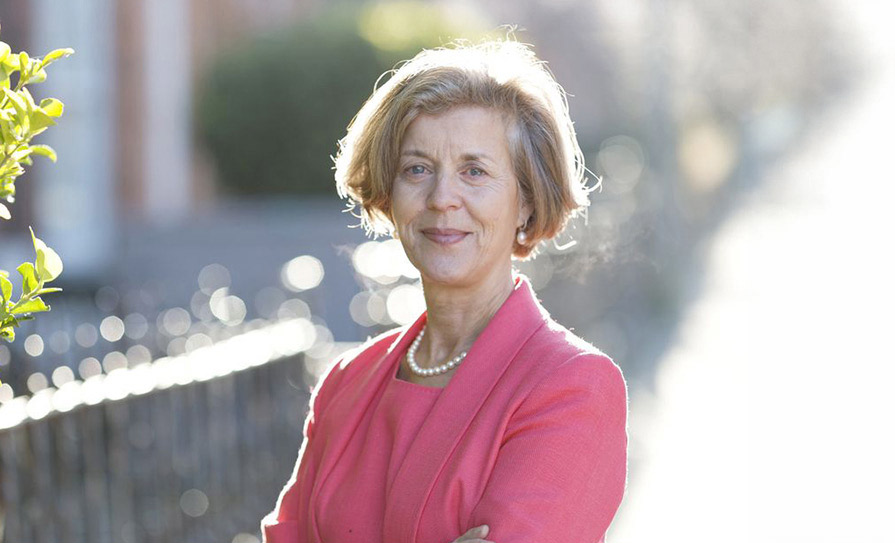
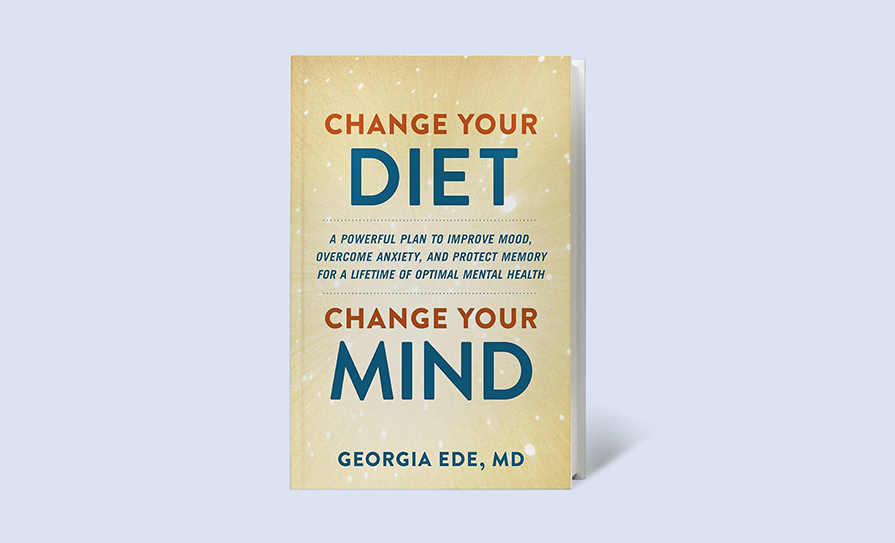
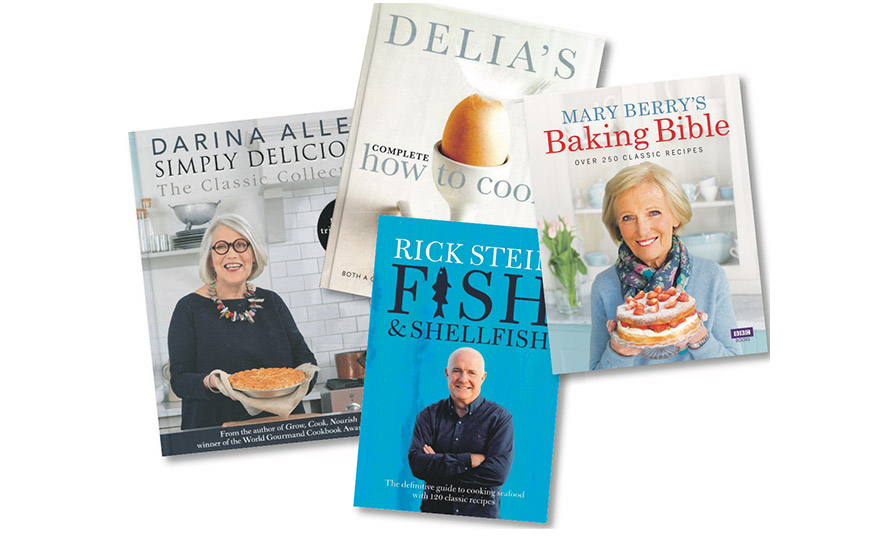
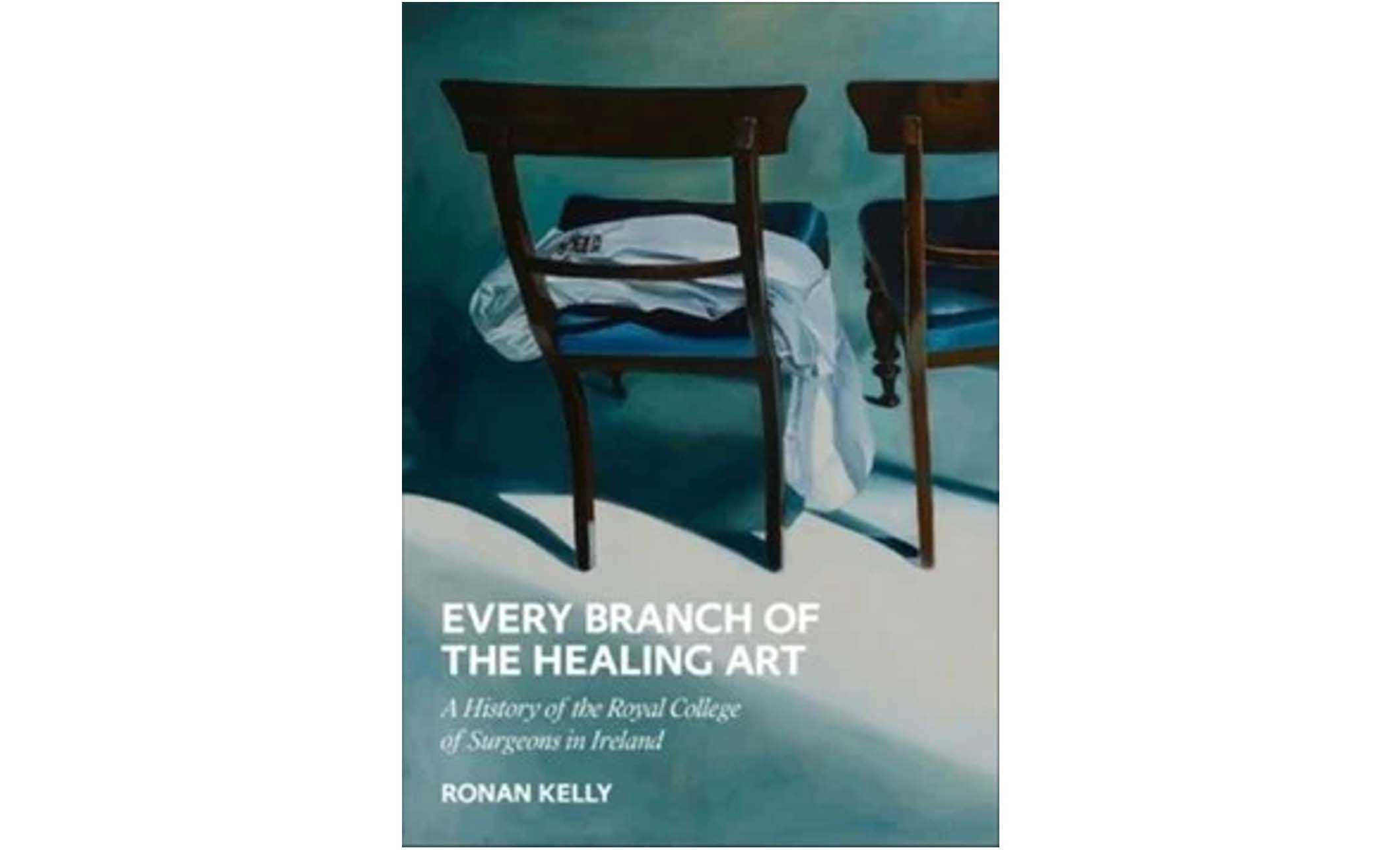
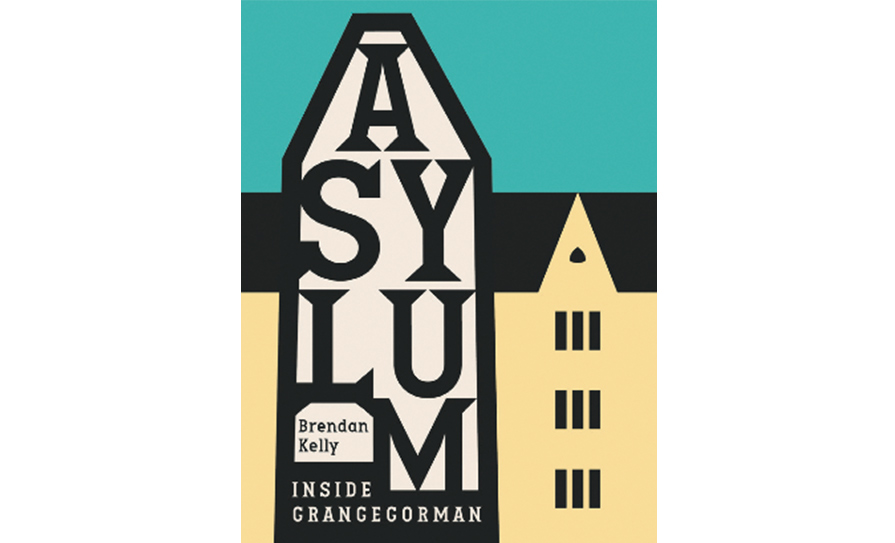
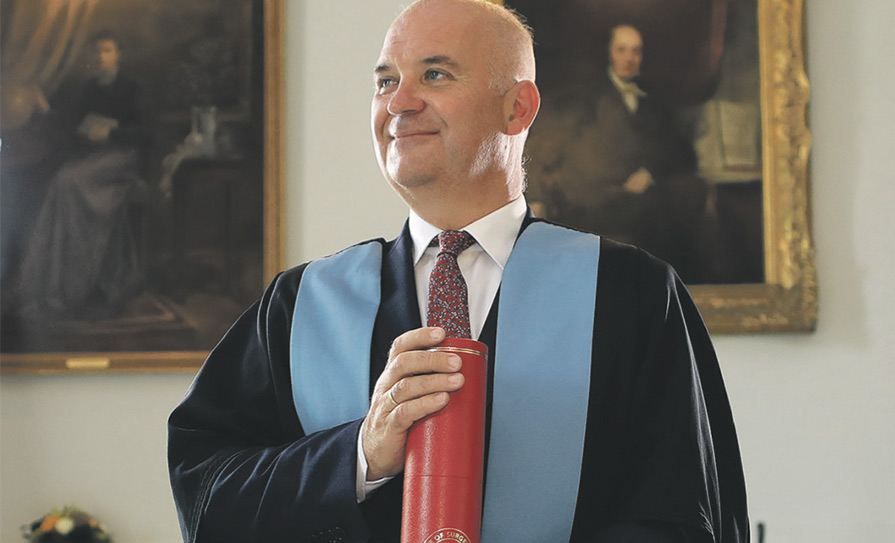

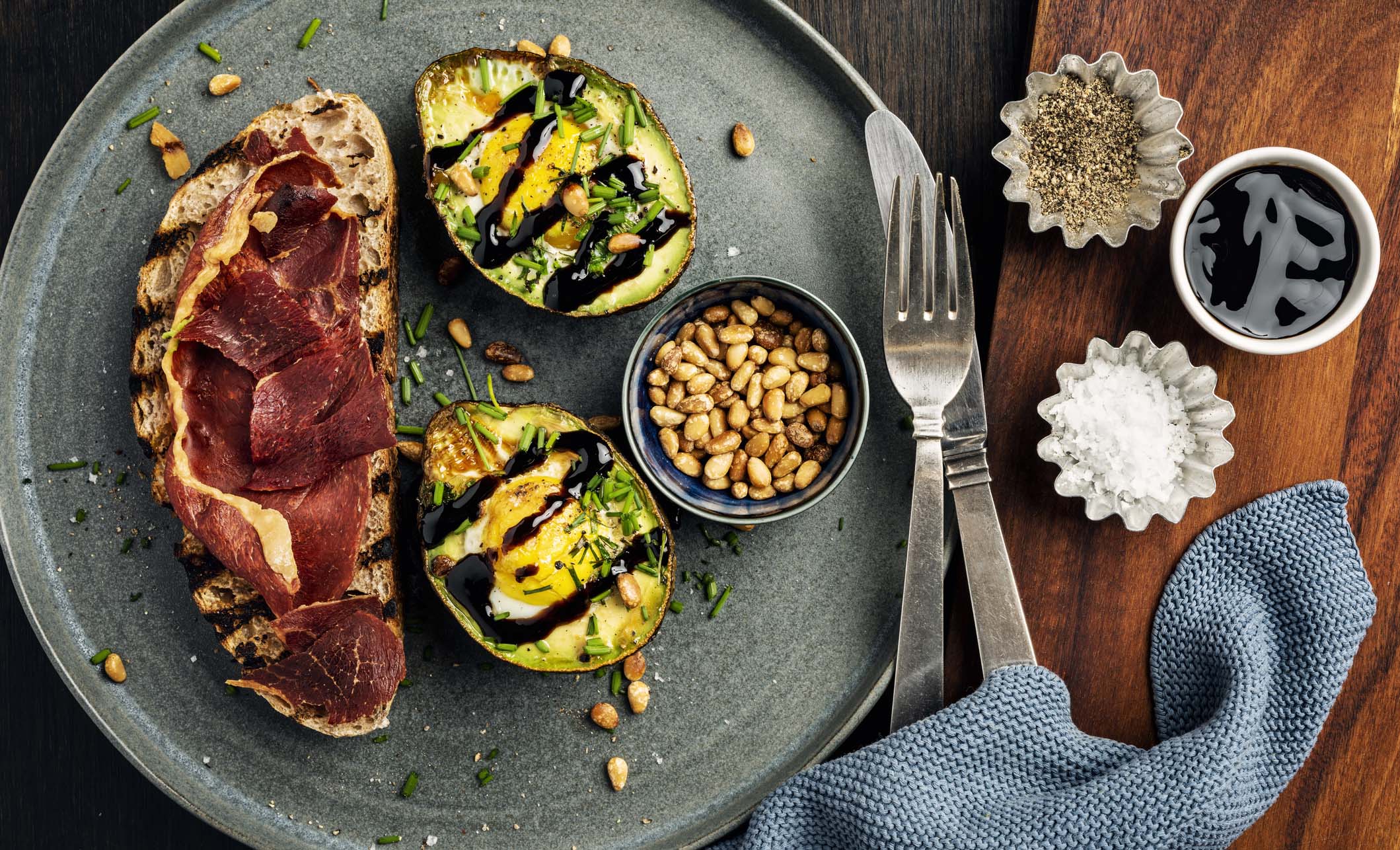
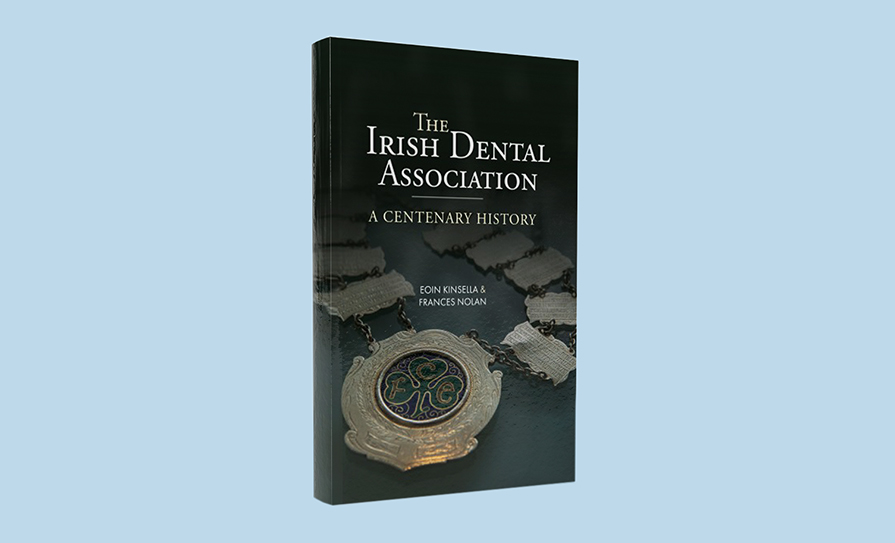




Leave a Reply
You must be logged in to post a comment.